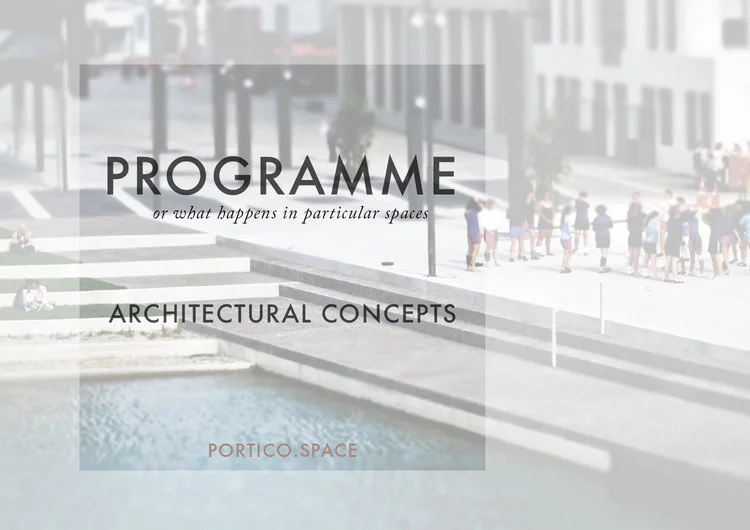Architecture is a slow profession - buildings take a long time to transition from conceptual ideas to real-world experiences. Yet, at architecture school there is so much project churn, that when you study you get used to this fast pace.
Working as an architectural professional is also fast paced, but in a different way - you will often be busy, but the projects themselves seem to crawl along. Often, new graduates can work for years before seeing a project they have worked on actually be built and completed.
So how can we practice patience in architecture? This article provides 5 ways to practice patience.
Read MoreThane
Read MoreIn Architecture, diversity and inclusion isn’t only a job for the managers, for higher level strategists, of for the leaders of our institutions. It is an everyday mission and practice for each of us, no matter what our role or contribution to the profession looks like or is labelled as.
So rather than waiting for diversity and inclusion changes to happen, what can we do as individuals, as aspiring architects, as active citizens with a dream of an inclusive and diverse future? And how can we do it without jeopardising how we operate within or alongside existing practices?
Read MoreIn this article, I will look at what programme is, and how you can use, test, and have fun with it in design. I will also explain some basic ways of thinking about programme on your project, and different techniques architects often use to explore and explain programme.
Read MoreHow do you get a job in architecture?
How do you get a job if you've got no previous work experience to put on your CV? How do you approach a firm? How do you find work in a new country?
It is both as hard as it seems, and much, much simpler than it seems. It takes a little courage, and perhaps also a reminder that people are making these connections every minute of every day. In this article, I am going to break down what, in my experience, are the five key ways that people get jobs in the architecture industry - from their first job and beyond.
Read MoreWhile there's an element of luck* involved in the architecture crit scenario, I truly believe that having 'a good crit', like many things in life, is all in the preparation.
Read MoreIt is an age old question that prospective architecture students, parents, and friends-of-architecture-students want to know: What is a 'crit', or a 'jury' at architecture school, and how do they work?
Read MoreWhat is an architectural concept, anyway?
In architecture we spend a lot of time talking about concepts. When you're first starting out on your architecture journey, understanding what a concept is, how you generate one, and what defines a good one is important, and surprisingly difficult!
Read MoreMental health issues and the plight of stressed-out architecture students are fairly well-discussed. But how can we begin to change things? And, whether you're at, or perhaps thinking about going to architecture school, how can you support and look after yourself, so you can live your dreams to your full potential?
Read MoreThere are quite a few things you don't get taught at architecture school. You can't, and shouldn't expect to learn everything there ever was to know about architecture in a period of about 5 years.
This week, we're starting things off with: 5 things you won't get taught at architecture school: the work edition.
Read MoreIt's a simple question, but it's also the one I am asked most often, both by readers of Portico and by anyone who happens to know I studied architecture: friends in different fields, family members, and people I've just met. It sometimes seems like everyone is interested in architecture, but no one knows quite what it is or exactly how you go about doing it.












